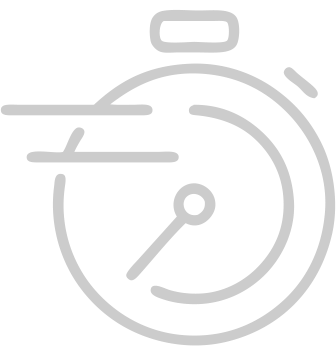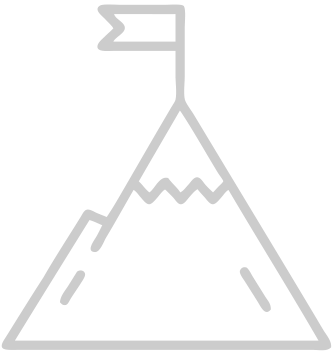Organisers:
- Colin Piddington -TANet/Control2K - colin@tanet.org.uk
- Terrence Fernando - Salford University - T.Fernando@salford.ac.uk
- Simon Hardiman - CARSA - shardiman@carsa.es
Duration: 3 hours on morning of Tuesday 13th April, University of Coventry
Objectives of the workshop:
This workshop aims to explore the results, experiences and potential value of the CoSpaces European IP Project with industry practitioners and members of the academic community. The CoSpaces Platform and services are seen as an additional capability that supplements existing corporate infrastructures.
The outcome of this workshop is to identify improvements that are needed to integrate the technologies into the work place alongside other business systems, such as ERP and CAE systems.
It is also hoped that ideas and a future research agenda will be part of the results.
Topic
Good decision making is a core competence of every successful organisation. How fast and how well a team makes decisions often determines whether new products succeed or fail. We’ve all participated in those extraordinary meetings, usually called to define a new strategy or to address a potential crisis, where all the key players from the different company departments and/or partner organisations are in the room and everyone is confident that decisions are going to be made. Those highly collaborative meetings get things done, but getting everyone together in one place at one time is often very expensive, especially when geographical distribution is a factor.
What if the same power to make decisions involving all the key players could be done more cost effectively, without travelling but still in real-time and when needed? The productivity gains and positive impact on the way teams operate would be tremendous. That’s the vision of the CoSpaces Project. New advanced technologies that enable better collaborative decision-making, involving all the key players, and taken in real time.
Collaboration forms an essential and integral part of almost every public and commercial organisation today. The amount of resources consumed for collaboration and the underlying technologies that support collaboration both in terms of money and effort has steadily increased and most projections indicate this trend will continue. Collaboration within an organisation depends on processes, technologies and human behaviour. The decisions made and the way in which an organisation addresses each of these areas can fundamentally change the value and benefit obtained from collaboration within an organisation and the level of innovation an organisation is able to achieve. Collaborative processes and technologies can be used as a competitive advantage in business or for governmental organisations to deliver best-in-class service to citizens, or they can create unrecoverable costs and significant business or service disruptions.
Introducing new collaborative processes and supporting technologies – developed in close collaboration with leading organisations in the European Aeronautics, Automotive and Construction industries – helping European organisations to understand them and their potential, and assisting them to deploy and exploit them, is the focus of the CoSpaces project and partnership.
CoSpaces collaborative processes and supporting technologies provide the opportunity for distributed organisations to collaborate and work more efficiently, productively and creatively, to achieve high levels of stakeholder involvement and results ownership, to achieve significant reductions in lead time, and design and production costs, and significant increases in product and service quality.
The Visualising Collaborative Workspaces Workshop will introduce the discipline of collaborative working, provide an overview of the CoSpaces project, contextualise its value to industry with particular emphasis on the construction sector, demo and explain key technologies, and explain how CoSpaces will reach the market.
This workshop also importantly aims to generate debate on collaborative working, CoSpaces results and improvements, as well as ideas for future research and innovation.
Programme:
| 1. | Overview of CoSpaces | Terrence Fernando, Univ. Salford |
| 2. | Industrial Collaboration Challenges | Jens Ove Skjærbæk, COWI A/S, DK |
| 3. | Example of current IT Services in Construction | ASITE Limited |
| 4. | CoSpaces Software Platform and workspaces | Terrence Fernando, Univ. Salford |
| 5. | CoSpaces Evaluation Results | May Bassanino, Univ. Salford |
| 6. | CoSpaces Exploitation Strategy | Simon Hardiman, CARSA |
| 7. | Debate Facilitated by Hardiman & Piddington |




















